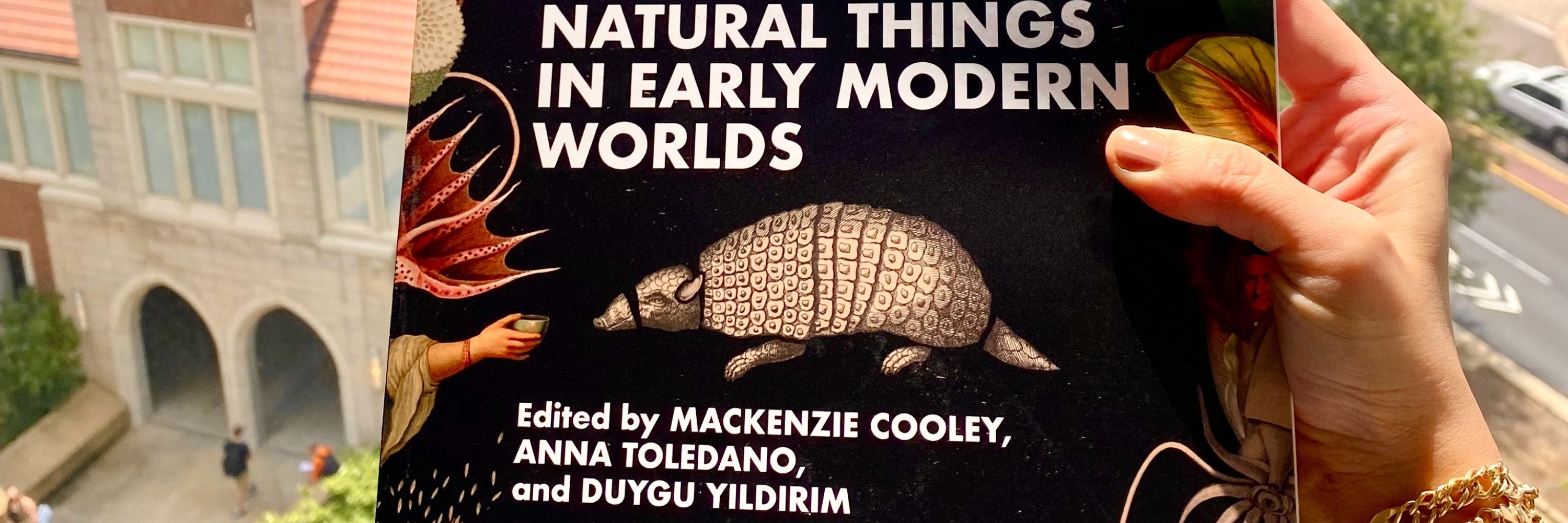Duygu Yıldırım
@duyguyildirim.bsky.social
8.5K followers
1.1K following
290 posts
Assistant Professor of History at the University of Tennessee, Knoxville. PhD from Stanford. Exploring the intersections of knowledge, medicine, and natural history in the early modern Mediterranean. Istanbulite.
Posts
Media
Videos
Starter Packs
Duygu Yıldırım
@duyguyildirim.bsky.social
· Aug 18
Duygu Yıldırım
@duyguyildirim.bsky.social
· Aug 11
Duygu Yıldırım
@duyguyildirim.bsky.social
· Jul 31
Duygu Yıldırım
@duyguyildirim.bsky.social
· Jul 24
Duygu Yıldırım
@duyguyildirim.bsky.social
· Jul 23
Duygu Yıldırım
@duyguyildirim.bsky.social
· Jul 22
Duygu Yıldırım
@duyguyildirim.bsky.social
· Jul 22
Duygu Yıldırım
@duyguyildirim.bsky.social
· Jul 22
Duygu Yıldırım
@duyguyildirim.bsky.social
· Jul 22
Duygu Yıldırım
@duyguyildirim.bsky.social
· Jul 22
Duygu Yıldırım
@duyguyildirim.bsky.social
· Jul 22
Duygu Yıldırım
@duyguyildirim.bsky.social
· Jul 22
Duygu Yıldırım
@duyguyildirim.bsky.social
· Jul 22
Duygu Yıldırım
@duyguyildirim.bsky.social
· Jul 21
Duygu Yıldırım
@duyguyildirim.bsky.social
· Jul 21
Duygu Yıldırım
@duyguyildirim.bsky.social
· Jul 12
Reposted by Duygu Yıldırım
Nurcin Ileri
@nurcinileri.bsky.social
· Jul 4

The Political Ecology of Violence: Peasants and Pastoralists in the Last Ottoman Century. By Zozan Pehlivan
What if the unraveling of a multiethnic rural society in Ottoman Kurdistan had as much to do with distant ocean currents in the Pacific as with imperial re
academic.oup.com





